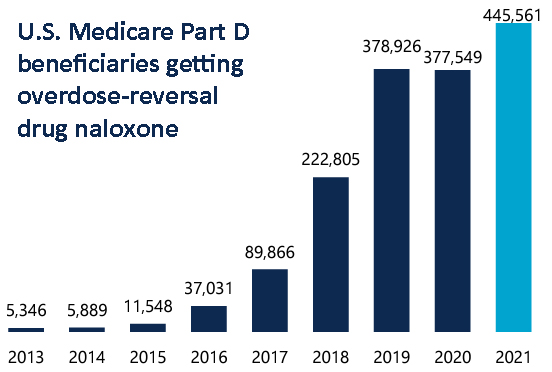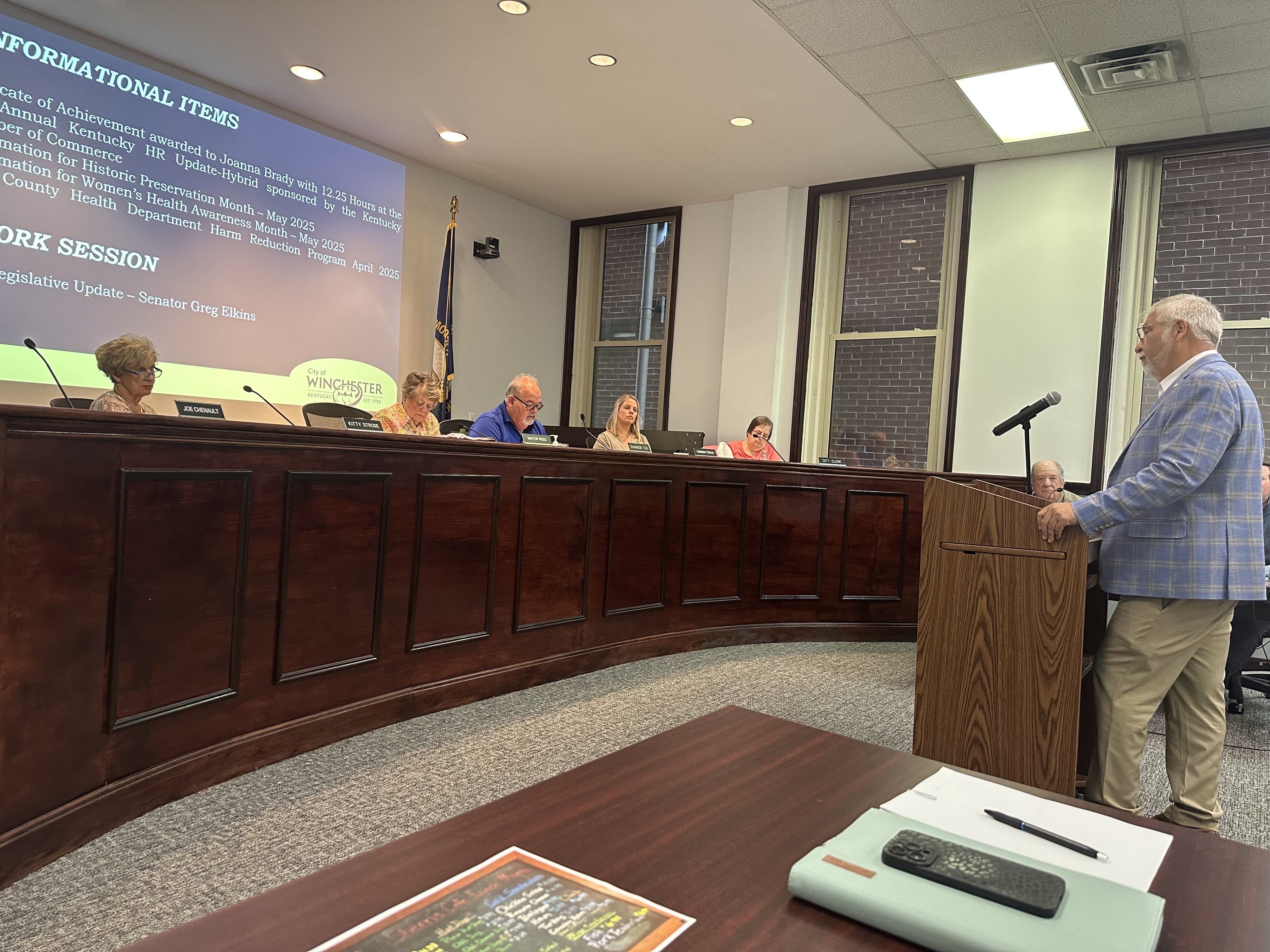More than 50,000 in Medicare prescription program had a drug overdose last year
Published 12:00 pm Tuesday, September 20, 2022

- (Photo courtesy of Kentucky Health News)
|
Getting your Trinity Audio player ready...
|
At least 50,391 Americans in Medicare Part D, which pays for prescription drugs, had an overdose from prescription opioids, illicit opioids, or both during 2021, though fewer of them were prescribed opioids, says a report from the inspector general of the U.S. Department for Health and Human Services.
The actual number of overdoses among Part D beneficiaries “is likely higher, in that additional beneficiaries could have overdosed but not received medical care that was billed to Medicare, or their claims might have not yet been submitted to Medicare,” the report said.
Overdoses among Part D beneficiaries were 15% higher in 2021 than in 2020, about the same as the 14.6% increase in all overdose deaths in Kentucky.
The report does not include state-by-state information on overdoses, but does give the share of Part D beneficiaries in each state who got opioids through Medicare in 2021. Kentucky’s share was 30%, sixth highest in the nation.
The top state was Alabama, at 36%, followed by Arkansas, Louisiana, Mississippi and Oklahoma. Ranking just below Kentucky were Georgia, Tennessee, Missouri and South Carolina.
Nationally, the report said 12% fewer Part D beneficiaries got opioids in 2021 than in 2020, continuing a trend, but more were prescribed naloxone, a drug that reversed the effects of an overdose; and 21% fewer “were identified as receiving high amounts of opioids or at serious risk” of overdose. A “high amount” is an average morphine equivalent dose of more than 120 milligrams a day for at least three months, excluding those with cancer or in hospice care.
More than 1 million Medicare beneficiaries were diagnosed as having opioid-use disorder in 2021, but fewer than 20% of them received medication to treat the disorder, the inspector general’s office said. It noted that it issued a report in December 2021 recommending that the Centers for Medicare and Medicaid Services “take steps to improve access to medications for the treatment of opioid-use disorder and other support services.”





